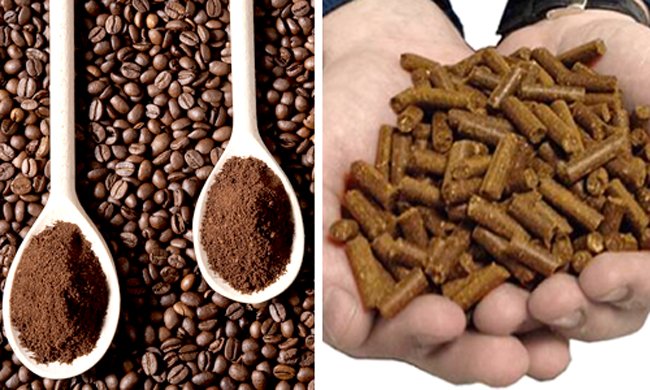In the innovative landscape of agricultural and food processing machinery, the coffee pellet machine emerges as a pivotal tool, blending modern technology with environmental sustainability.
This article delves into the essence, utility, industry application, and selection criteria for coffee pellet machines, spotlighting Richi Machinery Company’s contributions to this sector.
What is a Coffee Pellet Machine?
Coffee pellet machine is a specialized equipment designed to transform coffee grounds and residues into biofuel pellets. These machines address the critical issue of coffee waste, offering an eco-friendly solution by repurposing spent coffee grounds into a renewable energy source. The applications extend beyond energy, including in gardening and farming as a nutrient-rich fertilizer.
Industry Use: A Data-Driven Analysis
In the coffee industry, sustainability and waste management are paramount. Statistics reveal a staggering amount of coffee waste generated annually, with a significant portion ending up in landfills. Coffee pellet machines present an innovative solution, converting waste into biofuel pellets that can be used for heating or soil enhancement, thereby contributing to a circular economy.
Classification and Working Principle
Coffee pellet machines come in various sizes and configurations, including flat die and ring die pellet mills, tailored to different scales of production.
Working Principle: These machines function by compressing the dried coffee grounds into pellets under high pressure, without the need for added binders. The process involves several stages:
- Drying: Coffee grounds are dried to an optimal moisture content.
- Grinding: The dried grounds are then ground to a uniform size.
- Pelletizing: The ground coffee is fed into the pellet mill, where it is compressed into pellets through a die.
- Cooling: The pellets are cooled to solidify and stabilize.
- Packaging: Finally, the pellets are packaged for storage or distribution.
- Selection Criteria: Practical Insights
Choosing the right coffee pellet machine involves considering production capacity, pellet size requirements, and the specific characteristics of the coffee waste. Case studies indicate the necessity for robust machines that can handle the unique properties of coffee grounds, including their high acidity and moisture content.

Richi Machinery Company: Tailoring Solutions
Richi Machinery Company, a leader in pellet machinery manufacturing based in Henan, China, excels in customizing pellet production lines to meet diverse customer needs. Renowned for its large-scale operations and comprehensive service, Richi Machinery specializes in site design and turnkey projects, ensuring an optimized layout and efficient production process tailored to coffee pellet production.
Practical Application Value
The use of coffee pellet machines facilitates significant environmental benefits, including waste reduction and the provision of a renewable energy source. In agricultural applications, coffee pellets serve as an excellent organic fertilizer, enhancing soil health without the chemical byproducts of traditional fertilizers.
FAQs on Coffee Pellet Machine
Can coffee pellets be used in all types of pellet burners?
Yes, coffee pellets are compatible with most pellet burners, offering a sustainable alternative to wood pellets.
What are the benefits of using coffee pellets?
Coffee pellets provide an eco-friendly energy source, reduce waste, and can improve soil health when used as fertilizer.
How does the moisture content of coffee grounds affect pellet production?
Optimal moisture content is crucial for efficient pelletizing. Excessive moisture can lead to poor pellet formation, while too little moisture can cause pellet breakage.
Can Richi Machinery customize the coffee pellet production line for small businesses?
Absolutely. Richi Machinery offers scalable solutions tailored to the capacity and operational needs of both small businesses and large enterprises.
In conclusion, coffee pellet machines represent a transformative approach to managing coffee waste, offering both environmental and economic benefits. As the industry continues to evolve, companies like Richi Machinery are at the forefront, providing customized solutions that meet the dynamic needs of their clients, thereby promoting sustainability in the coffee industry.
